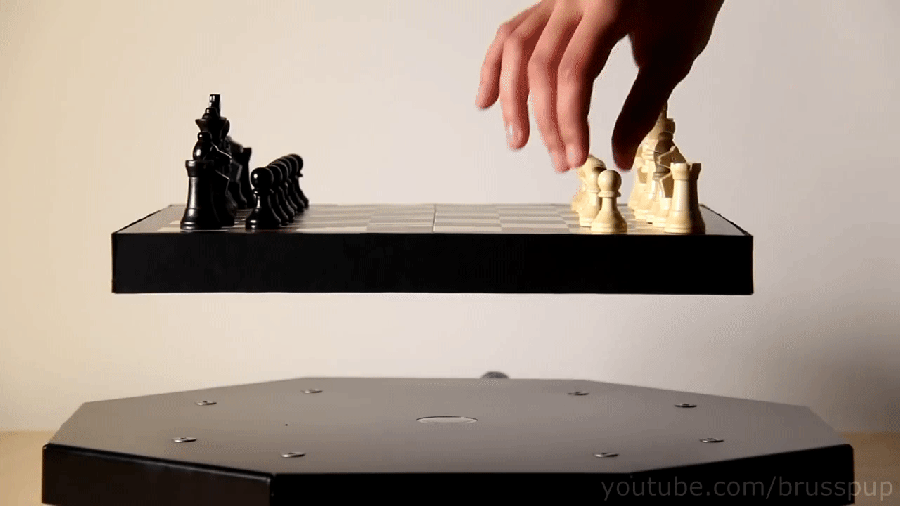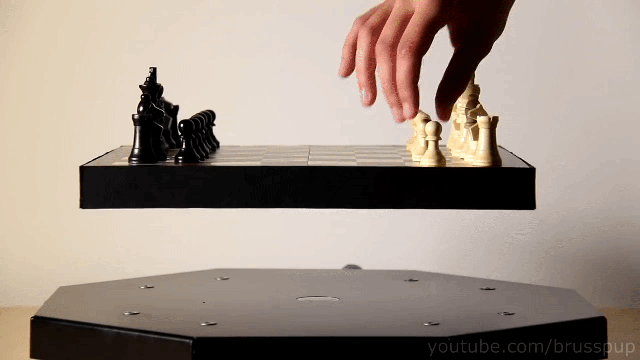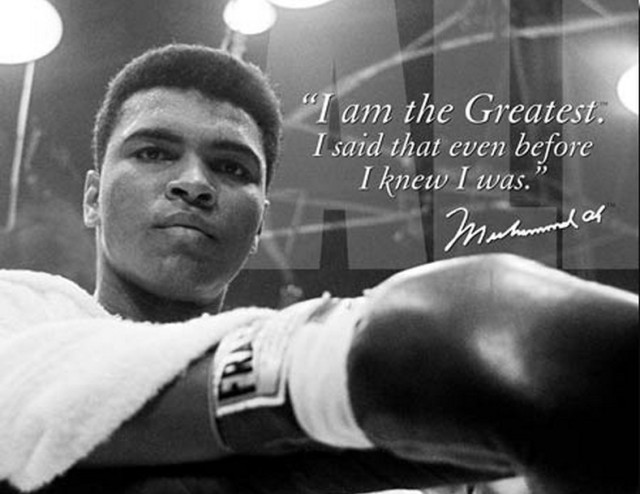Most accounts of modern dating describe finding lasting love as more elusive than ever. Thanks to mobile dating apps, dating has evolved into a finger-swiping game of ‘matching’ with people whose real intention for long-term dating is nearly impossible to determine. Being an executive and dating coach in the San Francisco Bay Area has given me a front row seat to this phenomenon with an inside view of the good, the bad and the ugly. The highly competitive tech scene here is also known for having an awkward dating culture where both men and women can develop some dumb habits that thwart their long term relationship goals. I feel it’s my duty to share them publicly, air out the gender themes I see, and hopefully shed some light on the issue so more people are successful in their dating endeavors.
My clients are bright, healthy, charismatic people who bemoan their dating struggles as real a ‘pain point’ in their life. In my last article on learned optimism, I outlined the rationale for viewing problems through a positive, solution-focused lens, and how to hold yourself accountable for your role in a problem. When a client tells me “I’d like to meet someone and settle down into a long-term relationship but I’m having a tough time finding them.” I’ll ask “What strategies are you using to meet eligible people? Tell me, what are you currently doing to build a long-term relationship with someone?” This is when the storyline starts to reveal dating habits that can be major roadblocks to developing a lasting romantic relationship.
 A 30 year old male client of mine shared with me how Season 2 of the Netflix hit series Master of None,(episode ‘First Date‘) struck a chord with him. In this episode, Dev (Aziz Ansari) meets a myriad of women and for various reasons, experiences failure to launch towards a meaningful relationship with any of them. In 2015, Aziz Ansari and sociologist Eric Klinenberg co-wrote Modern Romance: An Investigation, a book that examined the evolution of dating patterns and coupledom. The concept of ‘overchoice’ in dating, an idea first introduced in Alvin Toffler’s 1971 book Future Shock, and later explored in Barry Schwartz’s 2004 book The Paradox of Choice has become a mainstay in modern dating culture. Ansari concludes that while having access to more potential mates might be enjoyable up front, it eventually makes the process of choosing and investing in someone much harder, and can ultimately lead to less romantic fulfillment.
A 30 year old male client of mine shared with me how Season 2 of the Netflix hit series Master of None,(episode ‘First Date‘) struck a chord with him. In this episode, Dev (Aziz Ansari) meets a myriad of women and for various reasons, experiences failure to launch towards a meaningful relationship with any of them. In 2015, Aziz Ansari and sociologist Eric Klinenberg co-wrote Modern Romance: An Investigation, a book that examined the evolution of dating patterns and coupledom. The concept of ‘overchoice’ in dating, an idea first introduced in Alvin Toffler’s 1971 book Future Shock, and later explored in Barry Schwartz’s 2004 book The Paradox of Choice has become a mainstay in modern dating culture. Ansari concludes that while having access to more potential mates might be enjoyable up front, it eventually makes the process of choosing and investing in someone much harder, and can ultimately lead to less romantic fulfillment.
Dumb dating habit #1: Going on a never-ending cycle of first dates, waiting for that ‘love at first sight’ feeling to signal when it’s time to finally pursue someone for a long term relationship.
First impressions are often not a good predictor of who’ll be a good fit for a long term relationship. In my observation, guys need to take initiative and figure out how to emotionally invest in the process of dating if they want a long term relationship. A lot of men are stuck in a conundrum when they’re looking for a girlfriend- they feel safer with more options, but more options leads to low emotional investment, which leads to a sense of emptiness, which they fill with more creating more options. It’s a vicious circle! Men, start by figuring out what you need to do to care more about the person you’re meeting for a date.
Males are commonly raised to avoid vulnerable emotions, and learn to keep a safe distance from their feelings, especially in matters of the heart. As a result, they can miss out on developing emotional intimacy with someone because they fail to take an active role in building it. In movies, men are portrayed as reluctant participants in intimacy – cinematic stereotypes such as the manic pixie dream girl archetype evolved in order to protect masculine identity in the face of falling in love.
REBOOT: If you don’t work to get inside your feelings and figure out how to genuinely invest in caring about the person sitting across from you, these feelings will not mysteriously emerge on their own. I know you believe you just haven’t met someone who’s attractive enough, smart/accomplished enough, humble and supportive and interested in YOU enough. If this storyline is sounding a lot like you, it’s time to see it for what it is – you’ve got to rise to the occasion and take initiative. Make a real effort to be curious, listen, absorb and relate. Look at it from an economic perspective- wise investments of all kinds pay off big!
Dumb dating habit #2: You’re using dating as a way to compete with your friends- in this game the last one to get off the single train wins.
You’re struggling with choosing someone because you’re too busy rounding out your dating options for more bragging rights with your friends. A proud 20-something year old guy once told me that he and his male roommates had a world map in their house with colored pushpins in it to represent the countries of origin of women they’d each slept with. Why? Because it made them look cool to all their friends, duh! But do you really want to be the last one who still cares about playing this game? It’s like you’re that last guy in your middle school friend group who still cares about who has the most/best Pokémon cards.

Dude at some point, it’s not that crucial anymore! Eventually, most guys want to be with someone that will stand by them when life gets hard, someone to enjoy private moments with, who will honestly be there for them through the thick and thin of their life. Meanwhile, do you want to still be scrolling through your phone contacts looking for someone who actually cares about what happens to you? (besides your family! Not your ex either, she’s probably happily married now with a baby on the way.)
REBOOT: The price tag for a real relationship is steep, and you need to be willing to pay the price. Commitment, vulnerability, giving FOMO a grown ass man smack down, and dealing with someone’s shortcomings because they have to put up with yours. When was the last time you heard of getting something worth having for free?
Dumb dating habit # 3: Not noticing when your mind magically fills in the blanks in someone’s potential instead of accepting the current reality as it stands. The problem with this is that your brain gets caught in a vicious cycle of unrealistic expectations. This can lead to feeling mad and resentful when the person falls short of your version of them.
Sometimes women can get ahead of themselves while dating, and lose track of the difference between what is reality and what is wishful thinking. This happens when they fail to notice that someone isn’t demonstrating a consistent investment in getting serious with them. When you fantasize a million steps ahead about how your next dates will play out together it can lead your brain to believing it should and it will, and then when it inevitably doesn’t, you feel shortchanged and frustrated, but keep hoping things will improve. Unrealistic expectations can also lead people to cut things off prematurely which is sabotaging your #relationshipgoals. Confirmation bias is a form of faulty thinking with plenty of scientific evidence supporting people’s propensity to believe something is true because they would like it to be true. Motivated by wishful thinking, individuals will stop gathering information when the evidence gathered so far confirms the views (prejudices) one would like to be true.

REBOOT: DO NOT GET AHEAD OF YOURSELF. If someone isn’t consistently making an effort to set concrete plans with you, showing a genuine interest in connecting with you, stop giving him your mental attention! Be ready to harness some discipline because old habits die hard. You’re perfectly rigorous about keeping your diet paleo, you’re awesome at limiting your drinking to the weekends, but you let your mind go on a wild goose chase over every text thread in your phone! You know you’re in trouble if the guy inside your head is always more fun to think about then the same guy whose text messages rarely extend beyond 3 words and you never quite know where things stand between the two of you. Be honest with yourself. Why would it make sense to want a relationship with someone who’s hot and cold towards you? Inconsistency and unpredictability beget failure in building anything of value. Open your eyes to the people who are making it clear they value you and want to spend time with you.
Dumb dating habit # 4: You over-rely on dating apps and forget that prospective dating partners are everywhere! Your attention is buried in your phone and you never (ever, ever) initiate conversation with a stranger for social purposes.
Pretty much everyone is guilty of digital social isolation these days. You’ve heard this before from those of us who evolved as human beings before the digital era. By limiting yourself to socializing through online/text consumption you are actually limiting yourself to a communication method with WORSE social aptitude results not BETTER. The quality of enjoyment, depth of expression and opportunity to build lasting relationships has evolved over billions of years through face to face communication. Digital communication on the other hand has existed for a fraction of a mili-second and the jury is out if humanity would even survive if we continue to depend on it with today’s enthusiasm. It’s not that I think people shouldn’t enjoy all the latest dating apps, follow each other on social media for entertainment, ease and efficiency, but aim to keep practicing your real life social skills. Every single client who’s taken me up on my encouragement in this area has come back glowing with newfound empowerment and shock, really. Like “I cannot believe I initiated a social conversation with a total stranger (sober, mind you!) AND DIDN’T DIE ON THE SPOT FROM ANGST. I CAN DO ANYTHING NOW!!!” YES! That is the best feeling!










 A 30 year old male client of mine shared with me how
A 30 year old male client of mine shared with me how 










You must be logged in to post a comment.